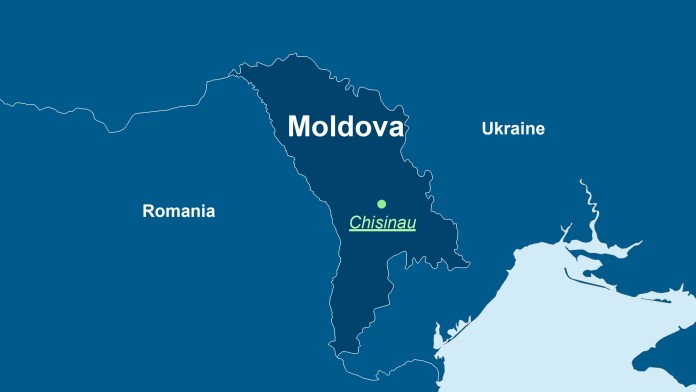
Moldova signed an association agreement with the EU in 2014. Since then, the country’s economic development has accelerated. Nevertheless, Moldova is still one of the poorest countries in Europe. Around 25% of the population lives below the poverty line. The status of the Transnistria region, which has been under Russian control since 1992, remains unresolved. Deficiencies in governance and the rule of law, powerful oligarchical structures and a high level of corruption are obstacles to the country’s further democratic and economic development. In 2021, a new pro-Western government was elected. In June 2022, Moldova was granted the status of candidate country by the EU following its application.
The war in Ukraine has presented the republic with a variety of challenges, not least a massive influx of refugees. Around 80,000 refugees (approximately half of which are children) currently live in Moldova, making up around 3–4% of the total population. Adult refugees account for 6% of active workers, while children of compulsory school age account for around 9% of pupils. The war in Ukraine has also disrupted trade and the energy supply. Moldova imports 100% of its gas from the Russian Federation; Moldova’s main power plant, which accounts for around 85% of the country’s total electricity generation capacity, also relies on imported gas to produce electricity. The war continued to drive rising prices, which have already led to a six-fold increase in the price of gas since autumn 2021.
Despite the worsening situation, the government is sticking to its agenda of systemic reforms. Among other things, it has identified ensuring the energy and food supply, and shoring up social and political stability as its most urgent priorities. KfW is examining short-term support measures in these two areas on behalf of the German Federal Government. In addition, further projects to strengthen municipalities in the longer term and to increase energy efficiency are being prepared.
KfW Development Bank also supports Moldova on behalf of the German Federal Government as a long-standing partner in the following areas:
To improve both living conditions and the efficient use of energy and environmental quality, KfW Development Bank is investing in improving the water supply and wastewater management in small and medium-sized cities, in Cahul, Calarasi and Straseni.
The projects are intended to improve the water supply to the municipalities in terms of water quality and duration of supply. This will give more households essential access to an improved water supply and wastewater disposal.
KfW Office Chisinau
Director KfW Office: Lorenz Gessner
c/o GIZ
office no. 202
73/1, Stefan cel Mare bd.
Chisinau/MD-2009/Moldau